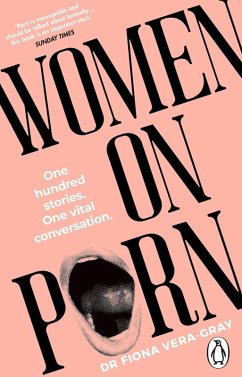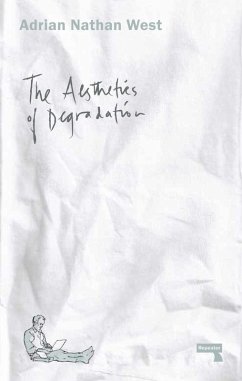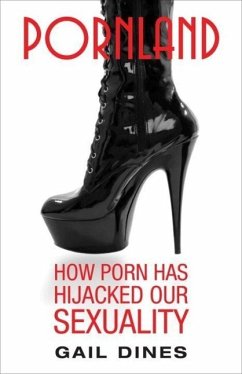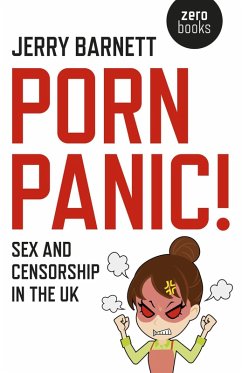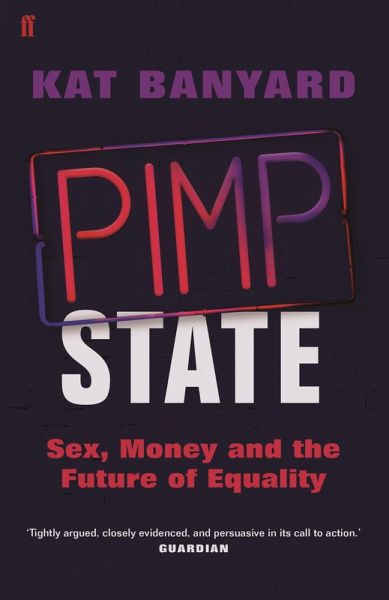
Pimp State (eBook, ePUB)
Sex, Money and the Future of Equality

PAYBACK Punkte
0 °P sammeln!
Never before have prostitution, strip clubs and pornography been as profitable, widely used or embedded in mainstream culture as they are today. How society should respond to the rise of the sex trade is shaping up to be one of the Twenty-First Century's big questions. Should it be legal to pay for sex? Isn't it a woman's choice whether she strips for money? Could online porn warping the attitudes of a generation of boys? An increasingly popular set of answers maintains that prostitution is just work, porn is fantasy, demand is inevitable; so fully legalise the sex trade and it can be made saf...
Never before have prostitution, strip clubs and pornography been as profitable, widely used or embedded in mainstream culture as they are today. How society should respond to the rise of the sex trade is shaping up to be one of the Twenty-First Century's big questions. Should it be legal to pay for sex? Isn't it a woman's choice whether she strips for money? Could online porn warping the attitudes of a generation of boys? An increasingly popular set of answers maintains that prostitution is just work, porn is fantasy, demand is inevitable; so fully legalise the sex trade and it can be made safe. Kat Banyard contends that these are profoundly dangerous myths. Sexual consent is not a commodity, objectification and abuse are inherent to prostitution, and the sex trade poses a grave threat to the struggle for women's equality. Skilfully weaving together first-hand investigation, interviews and the latest research, Pimp State powerfully argues that sex trade myth-makers will find themselves on the wrong side of history.
Dieser Download kann aus rechtlichen Gründen nur mit Rechnungsadresse in A, B, BG, CY, CZ, D, DK, EW, E, FIN, F, GR, H, IRL, I, LT, L, LR, M, NL, PL, P, R, S, SLO, SK ausgeliefert werden.




